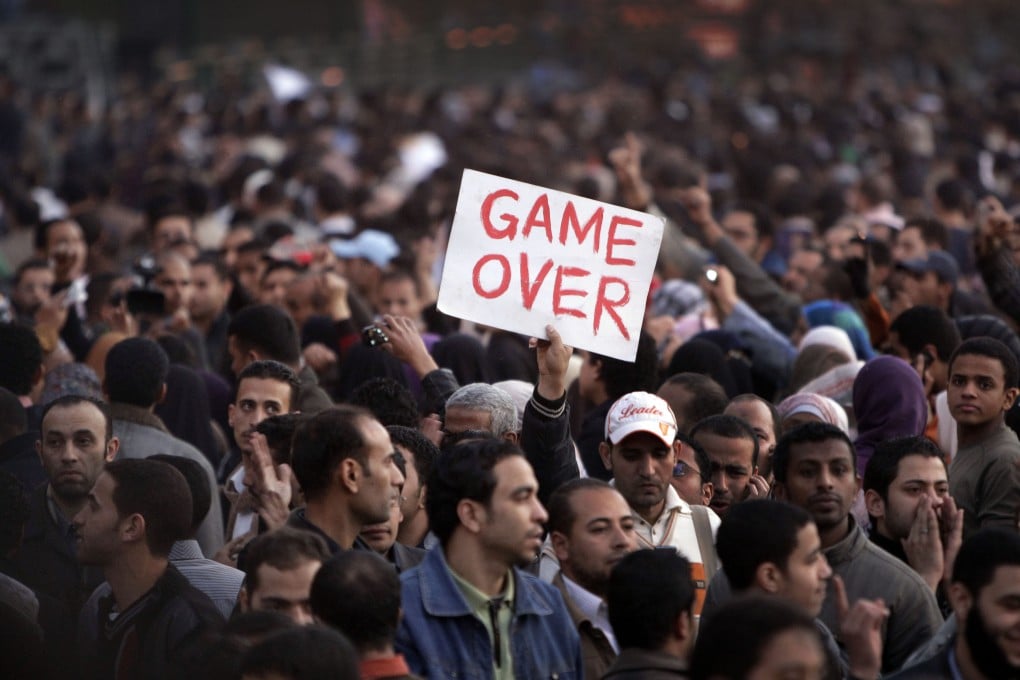My Take | Arab spring holds deep lessons for China, but it’s not what you think
- It may be surprising but Beijing has learned well from the crisis in the Middle East more than a decade ago. It wasn’t so much about democracy and freedom than dealing with severe climate change and the youth demographic

A recent letter to the Post from Amr El Henawy, consul general of Egypt in Hong Kong, congratulating the city on its 25th anniversary of the handover, has generated much online traffic.
His message seems innocuous enough, though some readers took him to task for claiming that stability and prosperity trumped politics and that only a dictatorship could guarantee both. It seems clear that in the letter, he argues for the former but certainly not the latter.
Most likely, though, some people were angered by his statements about the Arab spring.
“I lived through the Arab spring in Egypt. Some in the West, seeing populist anger and urban riots as harbingers of democracy, encouraged them,” he wrote. “But they provoked severe civil unrest. Now, when Egypt is politically stable, prosperity and economic development are returning.”
Many Hong Kong and mainland Chinese officials have made similar arguments about the return of normality and stability following the 2019 riots, the worst since at least the 1967 riots. Though the unrest in Egypt at the time was much more violent and deadlier, there were certainly parallels with what happened here in 2019.
However, I would argue Beijing has learned greatly from the Arab spring, just as it has from the Soviet Union’s collapse, though the lessons it took away were very different from what you might think. They were not about suppressing democracy and freedom as you would read in the mainstream Western press, but the much greater threats of severe climate change and the youth demographic. Domestically, the central government and the party have already won over the population against Western-style democracy; that’s precisely why their political legitimacy is widely respected within China but endlessly challenged and undermined in the West.
